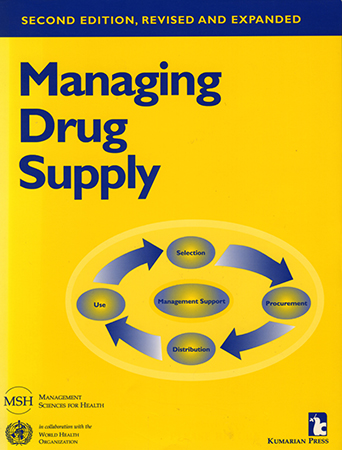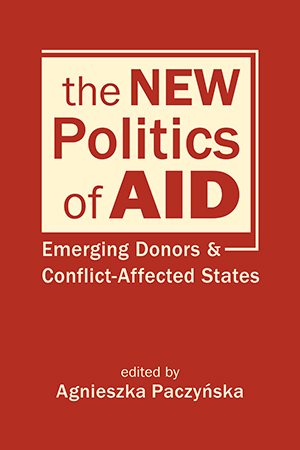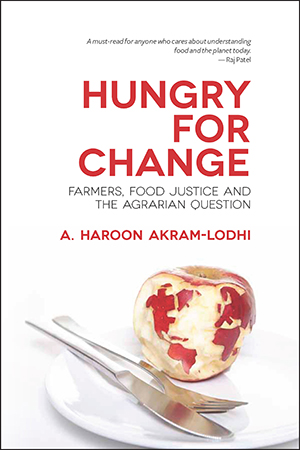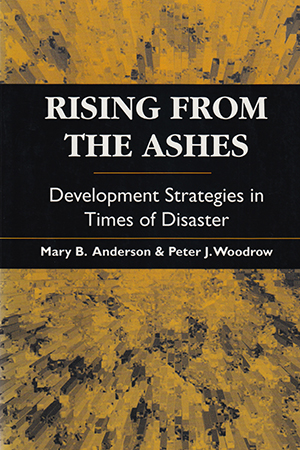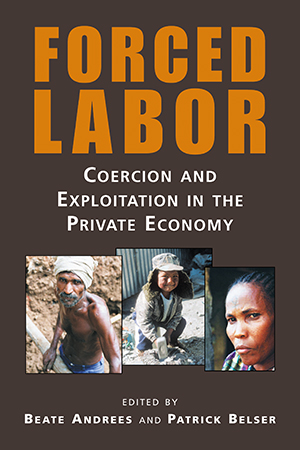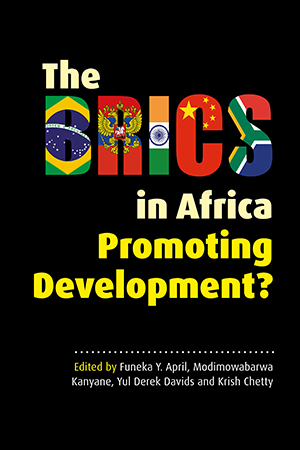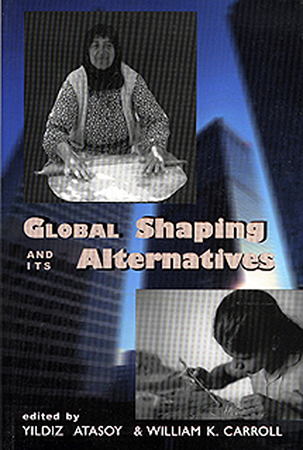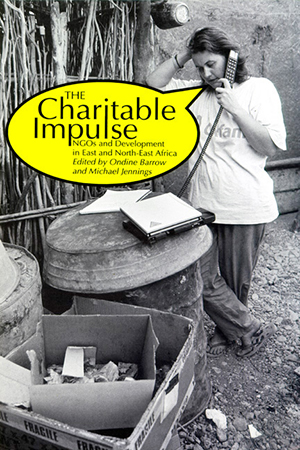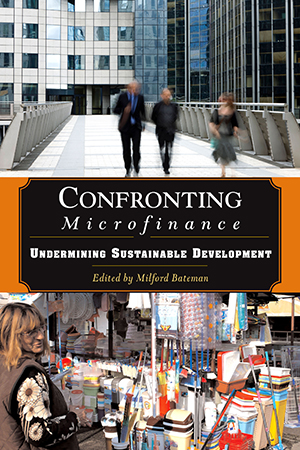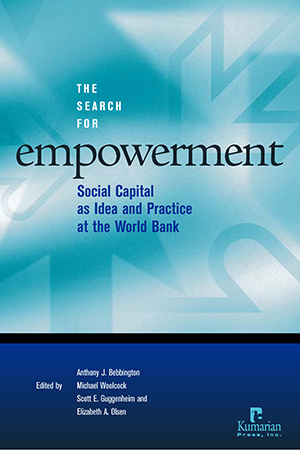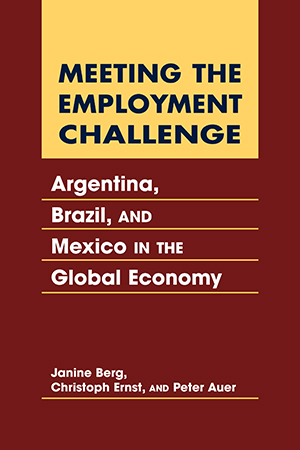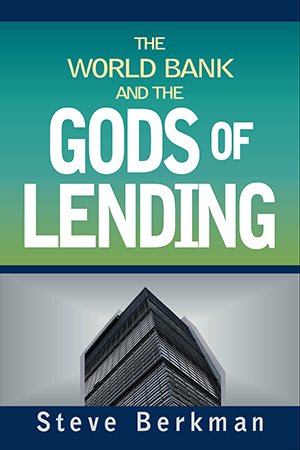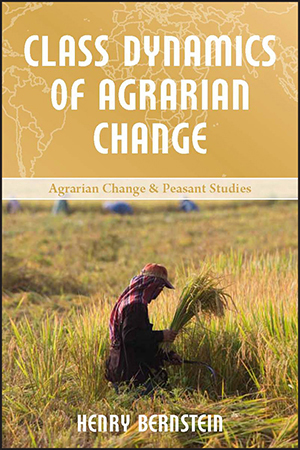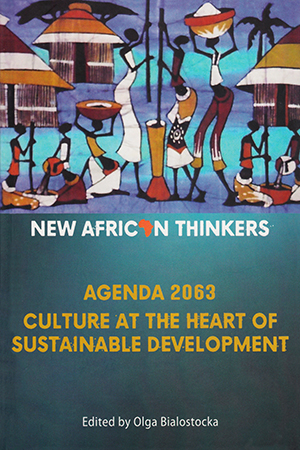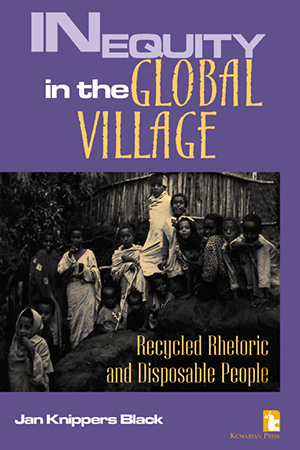Development Studies
This edition of Managing Drug Supply provides a complete overview, as well as step-by-step approaches, on how to manage pharmaceutical systems effectively. More >
How do emerging donors conceptualize the relationship between security and development? How, and why, do the policies they pursue in conflict-affected states differ from the liberal More >
Hunger and obesity sit side by side in the world today—the result, argues A. Haroon Akram-Lodhi, of the growing polarization of global agriculture between the haves and an More >
Drawing on case histories of emergency relief programs that have successfully promoted development, Anderson and Woodrow offer guidelines for fashioning assistance programs designed to More >
Two centuries after the abolition of the transatlantic slave trade, at least 12.3 million people are subjected to modern forms of forced labor—in rich countries, as well as poor More >
The BRICS countries—Brazil, Russia, India, China, and South Africa—have become a strong engine of South-South cooperation, contributing to a significant shift in the global More >
Enriching our understanding of the "NGO industry," the authors inform the debate on the relief-to-development continuum and provide historical context for the key issues facing More >
Despite the popularity of microfinance as a tool for economic development, there has been little analysis of its foundations or its real effectiveness in fighting poverty. Attempting to fill More >
Focusing on debates within the World Bank about the value of social capital concepts for the encouragement of more participatory and empowering forms of development, the contributors to this More >
Arguing that economic policies in Argentina, Brazil, and Mexico favor markets over institutions and the international economy over the domestic to the detriment of the workforce in those More >
Looking at the realities of the World Bank's loan programs in the developing world, Steve Berkman finds nothing but mismanagement and hypocrisy: decades of assistance without any More >
Henry Bernstein argues that class dynamics should be the starting point of any analysis of agrarian change. Providing an accessible introduction to agrarian political economy, he shows More >
In New African Thinkers, young scholars from across Africa discuss their vision for the social, political, and economic future of their continent. A unifying element running throughout their More >
Jan Black shows us how the narrow distribution of benefits from globalization has created a yawning gap in wealth and power both among and within states—a gap that she attributes to a More >


